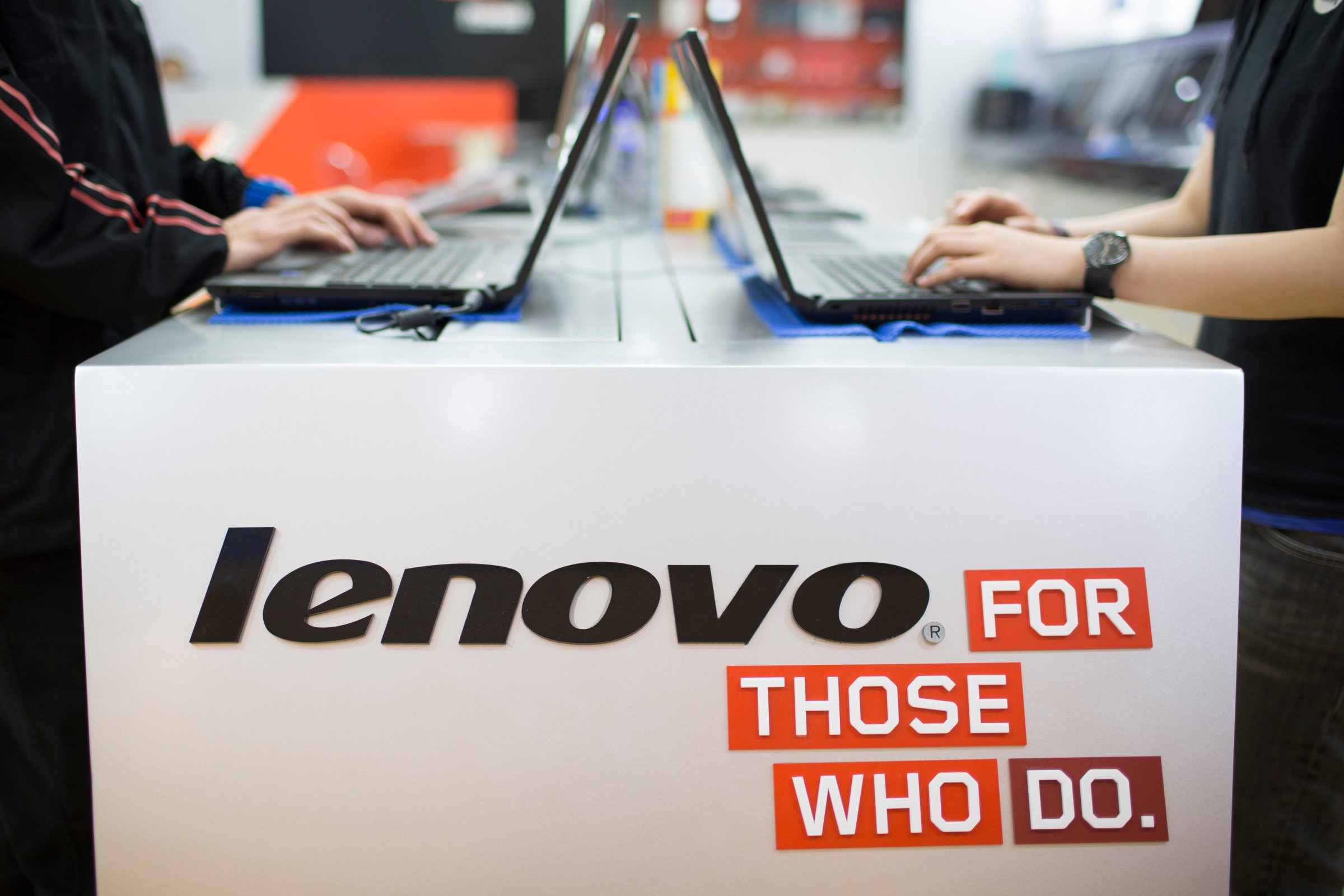
Computer manufacturer Lenovo is getting flak for selling laptops with marketing software that experts say opens up a door for hackers.
The software, called Superfish, analyzes users’ Internet habits and displays third-party ads based on that activity, The Next Web reports.
Troublingly, Superfish also impersonates certificates for encrypted websites in order to monitor users’ behavior even on protected sites. That can open a door for hackers targeting sensitive information like passwords or banking details, because users’ data isn’t being protected as well as it ought to be.
In a statement Thursday, Lenovo said it stopped preloading the software in January, and won’t preload it in the future. Lenovo also defended itself from criticism over installing Superfish in the first place, arguing the software doesn’t pose a security risk despite what several experts have said.
“We have thoroughly investigated this technology and do not find any evidence to substantiate security concerns,” Lenovo said. “But we know that users reacted to this issue with concern, and so we have taken direct action to stop shipping any products with this software.”
More Must-Reads from TIME
- Donald Trump Is TIME's 2024 Person of the Year
- Why We Chose Trump as Person of the Year
- Is Intermittent Fasting Good or Bad for You?
- The 100 Must-Read Books of 2024
- The 20 Best Christmas TV Episodes
- Column: If Optimism Feels Ridiculous Now, Try Hope
- The Future of Climate Action Is Trade Policy
- Merle Bombardieri Is Helping People Make the Baby Decision
Contact us at letters@time.com